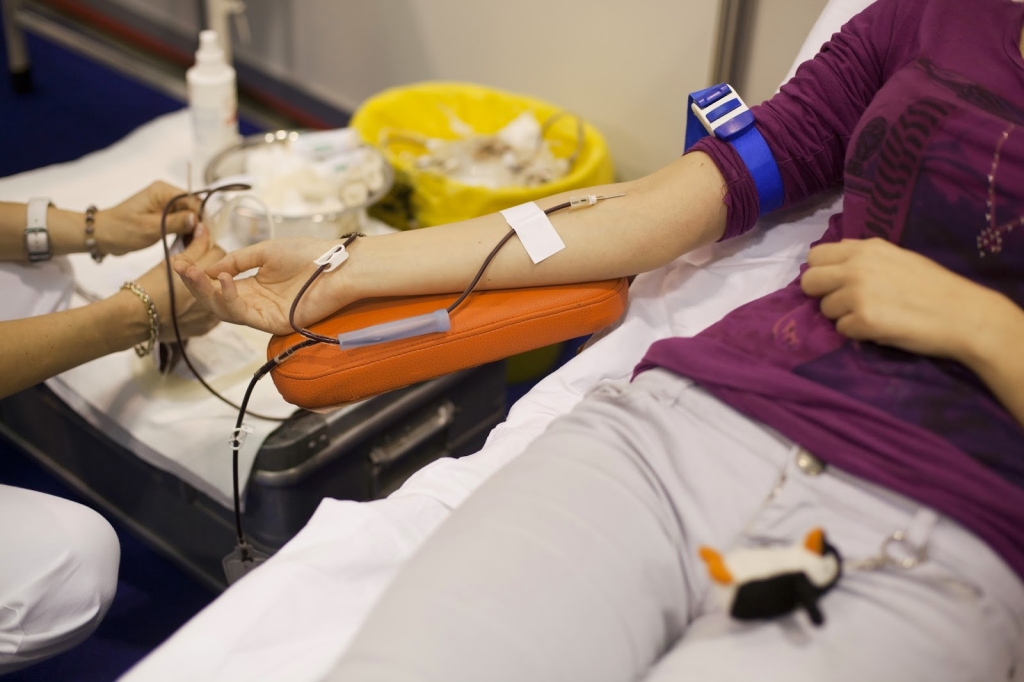Essential Education for Aspiring Phlebotomists: What you Need to Succeed
Becoming a phlebotomist can be a rewarding career choice for those interested in the healthcare field. Phlebotomy involves drawing blood for tests, transfusions, or donations and requires specialized knowledge and skills. In this article, we’ll explore the essential education and training to succeed as a phlebotomist, including certification processes, key skills, and tips for career advancement.
understanding Phlebotomy
Phlebotomists play a critical role in the healthcare system. Their primary responsibility is to collect blood samples from patients and ensure that the samples are properly labeled and sent for testing.Given the importance of accurate blood collection, formal education and training are paramount.
1. Required education for Aspiring Phlebotomists
While a high school diploma or GED is often the minimum requirement for entering the phlebotomy field, additional education can provide a important advantage. Here’s what aspiring phlebotomists should consider:
Formal Training Programs
Most phlebotomy training programs are available through community colleges, vocational schools, and healthcare institutions.These programs typically range from 3 to 6 months in duration and combine classroom instruction wiht supervised clinical practice.
- Curriculum: Courses generally cover topics such as:
- Anatomy and Physiology
- Medical Terminology
- Infection Control
- Phlebotomy Techniques
- Patient Interaction
- Hands-On Experience: A significant aspect of training involves practice on mannequins and real patients under supervision.
Certification Requirements
Certification is not always mandatory,but obtaining it can enhance job prospects. Several organizations offer certification exams for phlebotomists, including:
| Certification Organization | Requirements | validity |
|---|---|---|
| American Society for Clinical Pathology (ASCP) | Completion of a phlebotomy program + clinical hours | 3 years |
| National Phlebotomy Association (NPA) | Training + Passing the certification exam | 3 years |
| American Medical Technologists (AMT) | Completion of accredited phlebotomy program + exam | 3 years |
2. Essential Skills for Phlebotomists
In addition to formal education, triumphant phlebotomists need a range of skills, including:
- Technical Skills: Proficiency in using various types of needles, vacutainer systems, and proper blood collection techniques.
- Attention to Detail: Accuracy in labeling samples, understanding patient’s medical history, and following protocols.
- Dialog Skills: Effectively interacting with patients to explain procedures and address concerns.
- Compassion and Empathy: Providing a comforting presence to patients, especially those who might potentially be anxious about needles.
3. Benefits of Becoming a Phlebotomist
Choosing a career in phlebotomy offers various advantages, particularly for those looking for a rewarding role in healthcare:
- Job Stability: With the growing demand for healthcare services, phlebotomists are in high demand.
- Flexible Hours: Phlebotomists may find opportunities in hospitals, clinics, and mobile blood donation units, often allowing for flexible work schedules.
- Career Advancement: Phlebotomy can be a stepping stone to more advanced roles within healthcare, such as nursing or laboratory technology.
4. Practical Tips for Aspiring phlebotomists
To set yourself up for success in yoru phlebotomy career, consider these practical tips:
- Networking: Build relationships with experienced professionals in the field through internships, job shadowing, or attending workshops.
- Stay Updated: Continuous education is vital in healthcare. Consider enrolling in refresher courses or attending industry conferences.
- Practice makes perfect: Take every opportunity during your training to practice, as hands-on experience is crucial.
5. Personal Experiences from Professional Phlebotomists
Learning from experienced professionals can provide valuable insights. Here are some anecdotes from phlebotomists:
Jessica,Certified Phlebotomist: “during my training,I found that communication was key. Many patients are nervous, and a calm conversation can ease their fears significantly. don’t underestimate the power of a simple smile!”
Mark, Senior Phlebotomist: “I wish I had focused more on networking early in my career. The connections you make can open so many doors for opportunities in the future.”
Conclusion
Embarking on a career in phlebotomy requires dedicated education and skill development,but the rewards are significant. With the right training, certification, and a compassionate approach to patient care, aspiring phlebotomists can secure a radiant future in the healthcare industry. By honing essential skills, embracing opportunities for growth, and continuously adapting to new knowledge, you’ll be well-equipped for success in this vital medical field.
